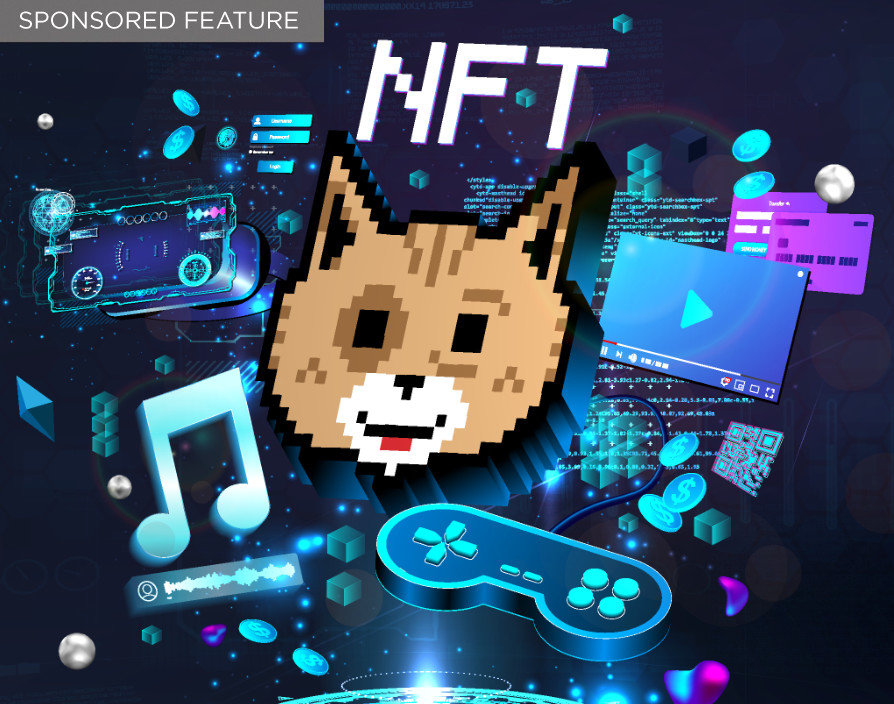By now you may have noticed the surging interest and craze over NFTs ‘ no doubt popularised by the record-breaking auction sale in May 2021 were the NFT of a digital artwork (Everydays: The First 5000 Days by the artist Beeple) sold for just over $69 million.
With NFTs opening new markets for monetising digital and creative works, many are being drawn to this new technology and the investment opportunities it can afford for investors and entrepreneurs. However, even in the decentralised world of NFTs, intellectual property (IP) laws continue to apply, and investors should understand these legal implications prior to purchasing or investing in an NFT. This article touches upon some of the basic elements to better understand the role of IP rights within this ever-growing NFT industry.
What is an NFT?
In its simplest definition, an NFT (i.e., a non-fungible token) is a unique digital file that resides on a digital ledger (a blockchain) where ownership of that digital file can be verified. Non-fungible means the NFT cannot be exchanged or replaced for something else (as opposed to cryptocurrency such as Bitcoin, which can be traded like for like). By comparison, in the physical world an original painting would be considered non-fungible as an asset that is unique. Each NFT is made unique by being encoded with a cryptographic hash, which is a unique string of letters and numbers that function as an identifier of the original file and can therefore be used to authenticate the NFT. The hash verifies that it is the only digital asset with its specific attributes.
What do you own with an NFT?
Generally, upon purchasing an NFT you own the token itself ‘ this is the asset. If there is an underlying asset to the token, you will not automatically own this unless there are terms encoded in the purchasing contract (known as a smart contract) associated with the NFT. This is an important distinction ‘ an NFT buyer does not obtain automatic ownership of any underlying asset, which can be anything digital, such as art, music, video clips or in-game assets.
Each NFT has a smart contract associated with it which sets out what you own, and the terms and conditions of the purchase. An investor should verify whether ownership of any underlying assets is included in the contract. If there is an underlying asset connected to the NFT, it generally falls into one of two scenarios: (1) the NFT contains a code that links to or identifies a digital copy of a work (with a hash to the digital file); or (2) a digital work is encoded directly in the NFT.
Who owns the IP rights?
In addition to the underlying assets, IP rights do not automatically transfer to the buyer on the sale of an NFT. These generally remain with the creator of the asset (the one who minted the NFT), unless agreed otherwise. For example, it is the owner of the IP rights alone who has the right to reproduce and/or distribute the digital work associated with the NFT or create derivative works.
The IP rights owner can decide to transfer certain rights to the buyer, or grant a licence for certain uses, or even limit the asset’s use, but this must be expressly assigned in writing.
How can you avoid issues arising from IP rights?
NFTs have created new legal debates when it comes to IP rights, which has led to a wave of litigation. The root of these disputes is often a misunderstanding between the parties in respect of what exactly is being purchased with the NFT coupled with non-comprehensive smart contracts.
Smart contracts are self-executing contracts with the terms of the agreement between the buyer and seller being directly written into lines of code. Whilst smart contracts offer a quick and inexpensive method for managing NFT transactions, they are inherently limited by standardised formatting and cannot be adapted to include tailored terms and conditions. To avoid future misunderstandings and to best protect oneself from potential problems, additional terms of sale should be drafted and contracted into alongside the smart contract. Engaging a solicitor with this process will ensure that the terms you agree to are in your best interest whilst identifying and remedying the gaps of the smart contract that could make you liable or vulnerable in a future disagreement.
Ultimately, all parties to an NFT transaction should be mindful of the IP rights arising from the NFT. As a minter, it is important to understand the underlying IP rights when creating an NFT. As a buyer or investor, one should be aware of any unauthorised use of the NFT and the consequences that could follow. An understanding of these rights, along with the contractual terms of use of an NFT, is crucial to avoiding disputes and unwanted legal action.
This article comes courtesy of Dragon Argent, specialist advisory, accountancy and legal support for fast growth startups & SMEs in the UK.
“
Share via:








































